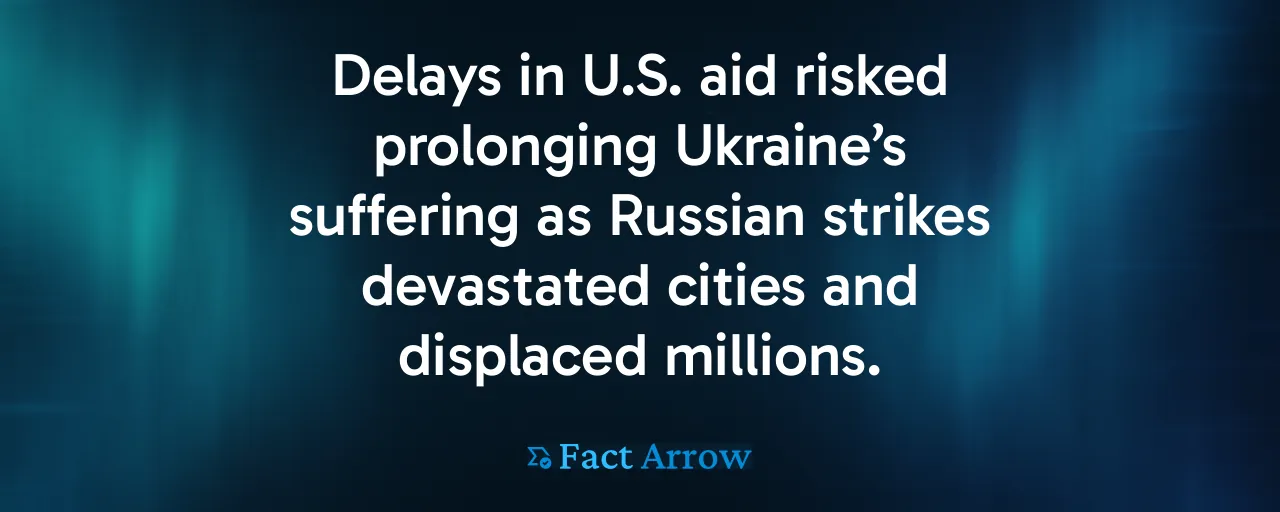A Renewed Commitment to Ukraine
The United States has restarted deliveries of artillery shells and Guided Multiple-Launch Rocket System (GMLRS) missiles to Ukraine, a move that signals unwavering support for a nation under siege. Announced on July 9, 2025, this decision reverses a brief pause that had sparked alarm among allies. The resumption comes as Russian forces intensify their assaults, targeting civilian infrastructure and testing the resolve of Western democracies. For those who value human rights and the principles of self-determination, this policy shift is a beacon of hope in a darkening conflict.
The Pentagon's earlier halt, driven by concerns over U.S. stockpile levels, had raised questions about America's commitment. Critics argued that any hesitation emboldens authoritarian regimes. Now, with shipments moving again from European depots, the Trump administration is sending a clear message: the defense of democratic values outweighs short-term logistical constraints. This moment underscores a broader fight to protect the rules-based international order.
The Human Cost of Delay
Every day without sufficient munitions leaves Ukrainian civilians vulnerable. United Nations reports confirm artillery fire as the leading cause of civilian deaths in this war, with documented atrocities in places like Bucha and Mariupol. Russian strikes have shattered schools, hospitals, and homes, displacing millions. The brief pause in U.S. aid, though intended to safeguard domestic readiness, risked prolonging this suffering. For advocates of humanitarian principles, such delays are strategic missteps and moral failures.
Ukrainian forces rely heavily on 155 mm shells and Guided Multiple-Launch Rocket System missiles to hold defensive lines. Research from the Center for Strategic and International Studies shows that consistent artillery support directly reduces Russian advances, saving lives. The decision to resume aid aligns with a commitment to prioritize human dignity over bureaucratic caution, reflecting values that resonate deeply with those who champion global justice.
Strategic Stakes in a Global Context
Beyond Ukraine's borders, this conflict tests the credibility of U.S. alliances. NATO partners, particularly Poland and the Baltic states, have pressed for sustained support, warning that any perceived weakness invites further Russian aggression. The July 2025 NATO summit in The Hague amplified these concerns, with allies urging America to lead. Resuming aid strengthens this coalition, reinforcing trust among nations united against authoritarian expansion.
The Congressional Research Service notes that U.S. aid to Ukraine represents just 6 percent of annual defense spending, a modest investment for significant global impact. Historical examples, like U.S. support for South Korea in the 1950s, show that arming allies can deter aggression without direct American involvement. This approach bolsters Ukraine and signals to other autocratic powers that democratic resolve remains firm.
Rebuilding Trust Through Action
The stop-start nature of U.S. aid, with pauses in 2023 and earlier in 2025, has frustrated Ukrainian planners and eroded confidence. Each delay hands Russia a propaganda victory, allowing it to portray the West as divided. By restarting deliveries, the U.S. takes a step toward rebuilding trust, but advocates argue for more. Proposals include accelerating long-range missile deliveries and invoking authorities to boost domestic shell production, ensuring Ukraine never faces shortages again.
Economic benefits also emerge from this commitment. The $104 billion supplemental aid package for 2025 supports 35,000 jobs in American manufacturing plants, from Pennsylvania, Texas, and Arkansas. This dual purpose, strengthening both Ukraine and U.S. industry, aligns with values of shared prosperity and global responsibility. It's a reminder that standing for democracy abroad can uplift communities at home.
A Vision for Lasting Support
The resumption of aid is a critical step, but the path ahead demands bolder action. Advocates call for pairing military support with humanitarian aid to address Ukraine's growing refugee crisis and infrastructure losses. Tighter sanctions on Russia's defense sector are necessary, and innovative financing, like reconstruction bonds backed by seized Russian assets, could fund Ukraine's recovery. These measures reflect a commitment to justice and accountability, core tenets of a principled foreign policy.
Congress has an opportunity to cement this legacy. Multi-year funding, coupled with transparent oversight, could stabilize aid flows while addressing domestic concerns. A cost-sharing agreement with European allies would ensure fairness, allowing the U.S. to lead without bearing the full burden. Such policies would support Ukraine and set a precedent for collective action in future crises.
The fight for Ukraine is a fight for the values that define open societies: freedom, dignity, and the right to exist without fear. By resuming aid, America reaffirms its role as a defender of these ideals. The work is far from over, but this moment offers a chance to build a stronger, more united front against tyranny, one shell at a time.
